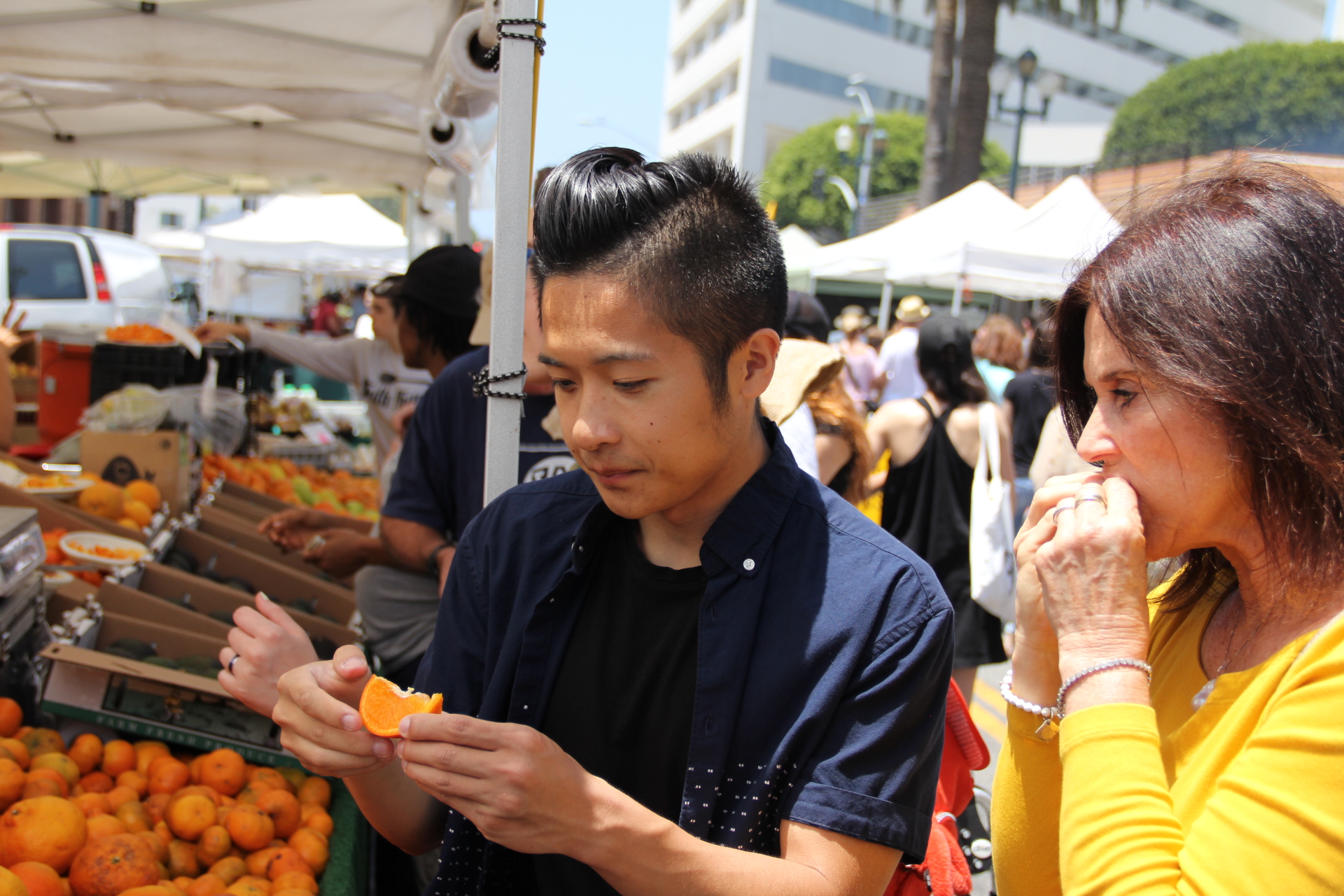Do you want to earn extra income by simply housing an exchange student from a foreign country?
Do you know what requirements are necessary to be a host family? Read on to learn more about the process of qualifying as a homestay family and the welcoming of a foreign exchange student into your home.

What is a Homestay and how does it work?
Homestay is when a family agrees to house a foreign exchange student who comes to study and learn about a different culture. When hosting a student, a family is required to provide housing (a furnished private bedroom), and in some cases, meals for the extent of a student’s stay. During the time spent together, the family should help the student assimilate into their new life and provide a supportive environment. The student is also to abide by certain rules and guidelines while living in the family’s home. Our hosting program provides extra income to host families for extending hospitality and the use of their home.
How is a Host Family Paid?
The amount of income that a host family will receive for hosting an international student is based off of the type of provisions asked by the student (such as meals). The student will pay for their own school costs and personal items, along with their own insurance. To find out more about how we address fees and expenses for housing a foreign exchange student, visit www.HomestayMatch.com
How will Hosting an International Student Benefit Me?
Although the income that one receives from hosting an exchange student is the most obvious reward from housing a student, there are many other benefits that come along with this process. Most host families enjoy their own immersion into a different culture, such as being exposed to a new language and trying cultural foods that the students make from their homelands. Although this is seen as extremely fruitful, most families reap the reward of helping a young person achieve their goal or fulfill their dream. This opportunity in itself is priceless and is often seen as the highlight of the whole hosting experience. Families have often enjoyed it so much that they choose to keep in touch with their student even after their immersion experience has come to an end, and often, host more students.
How Long is a Student’s Stay?
When housing a student, a host family will need to be committed to the experience, flexible with time, and understanding with the student. The average students spends 4 to 10 weeks with the host family. There are, though, exceptions where that time frame could be either longer or shorter.
If you are considering hosting an international student and have any unanswered questions, please contact the exchange student organizationfor any additional information.


